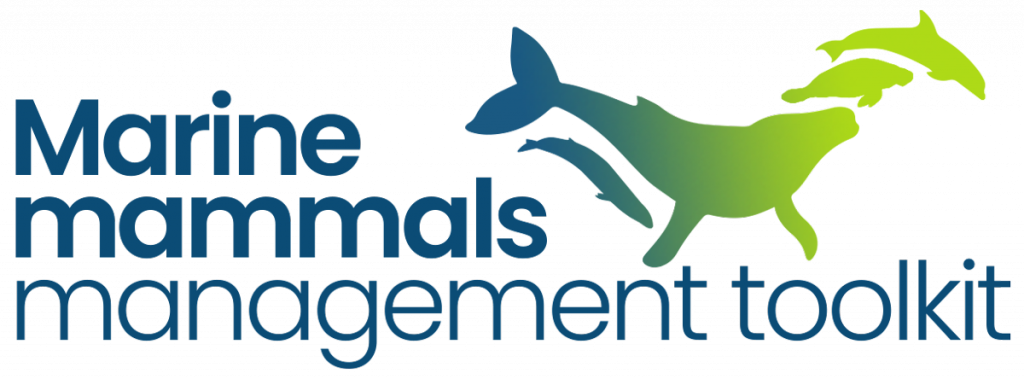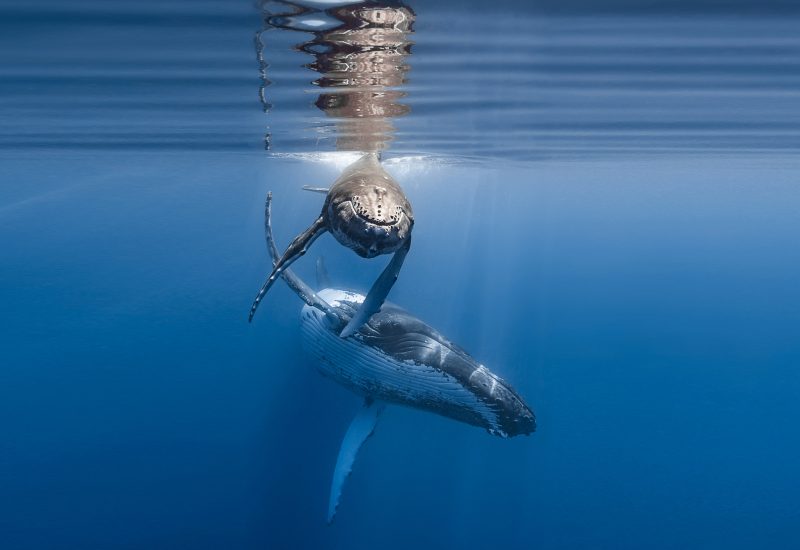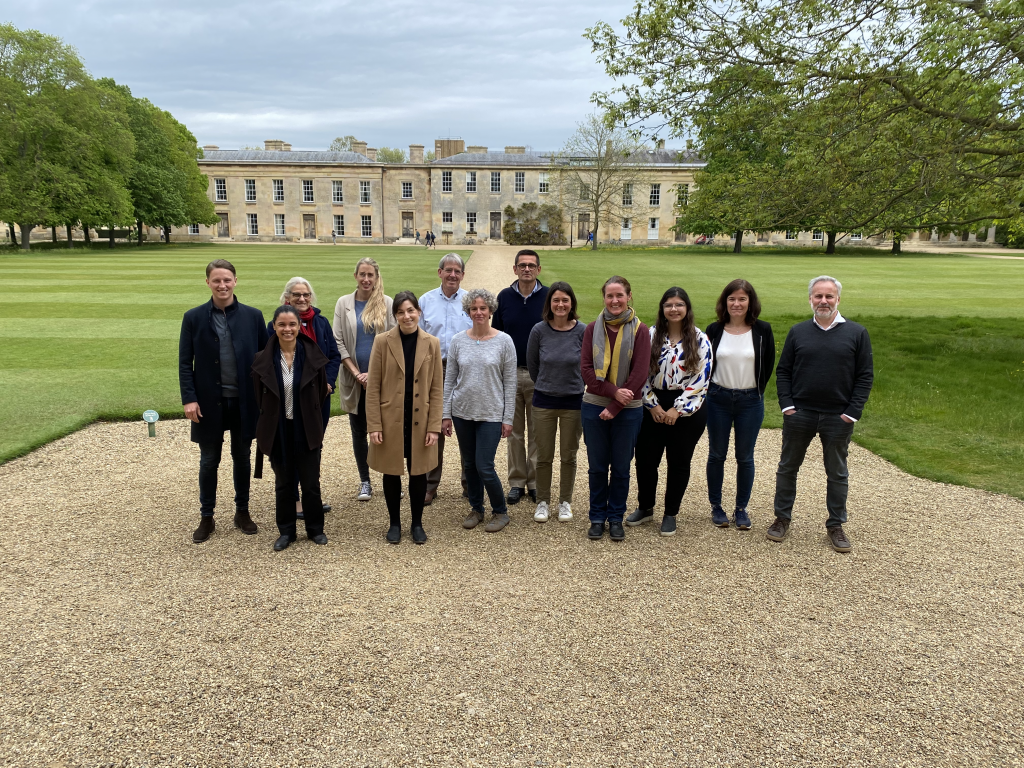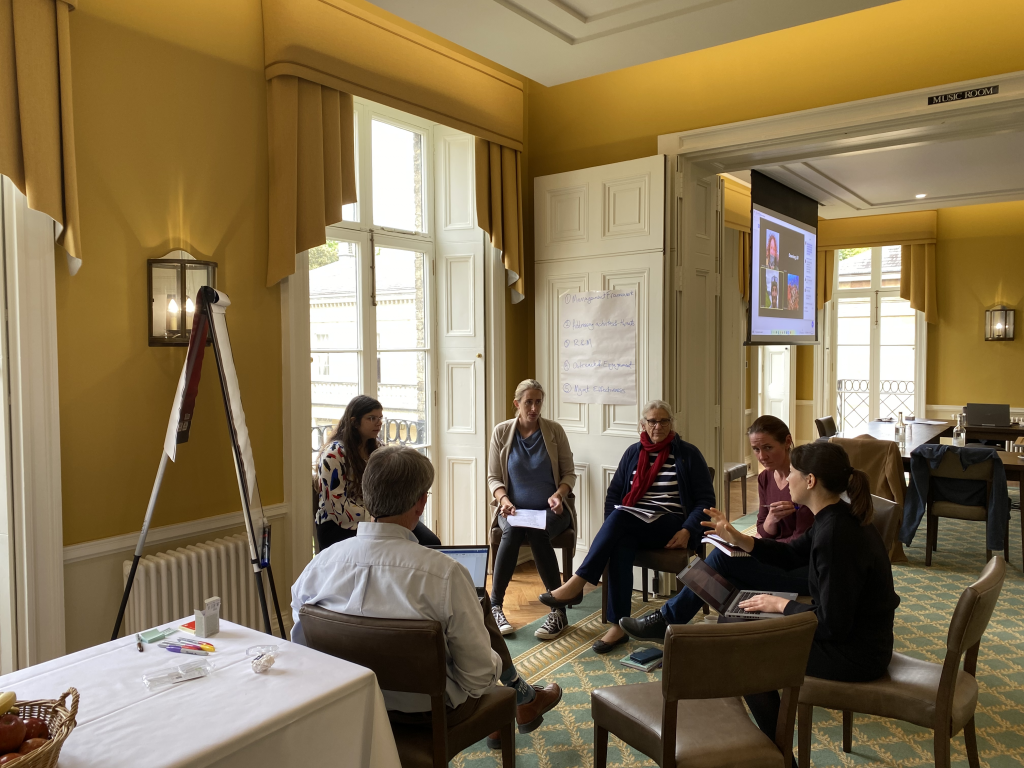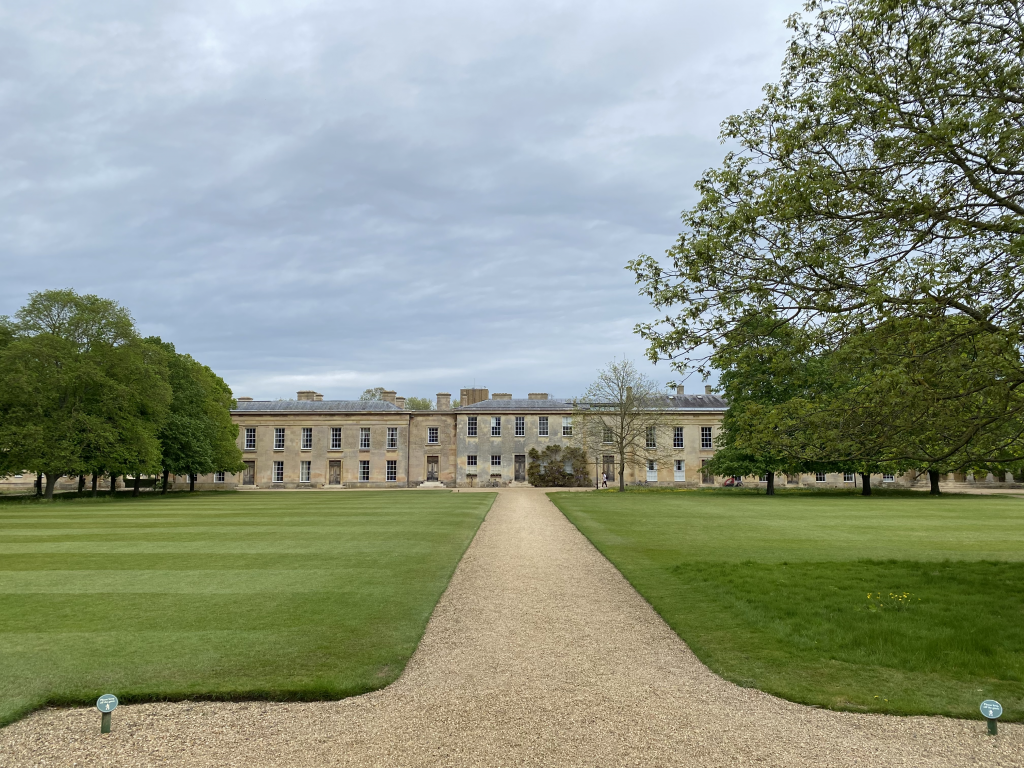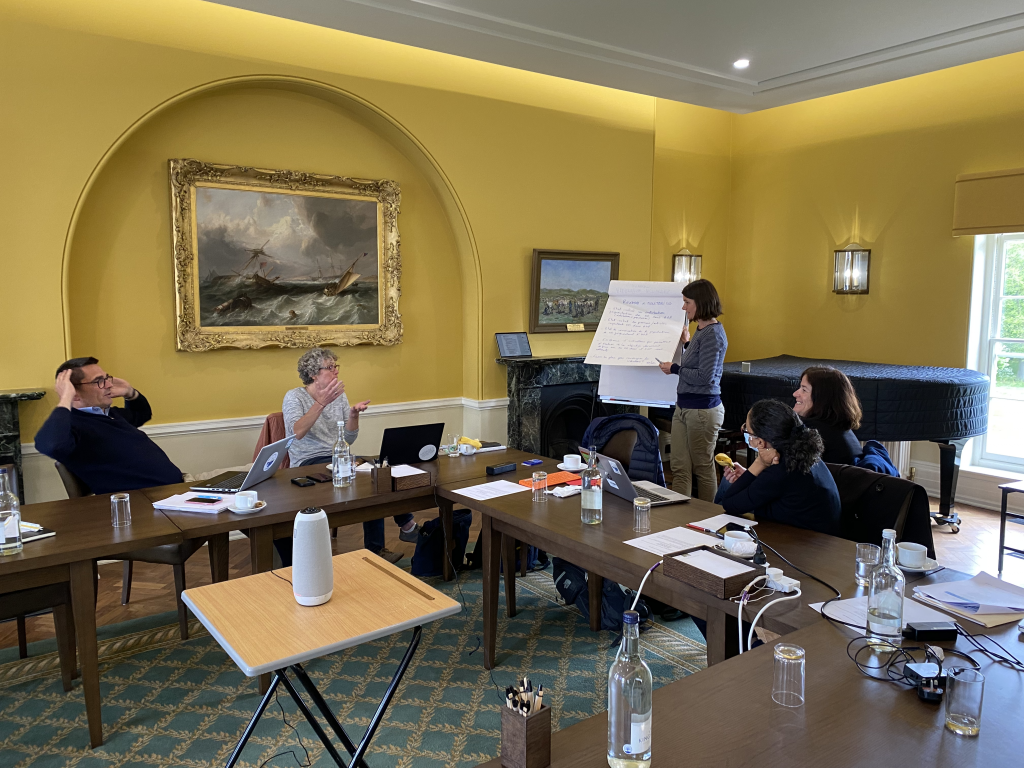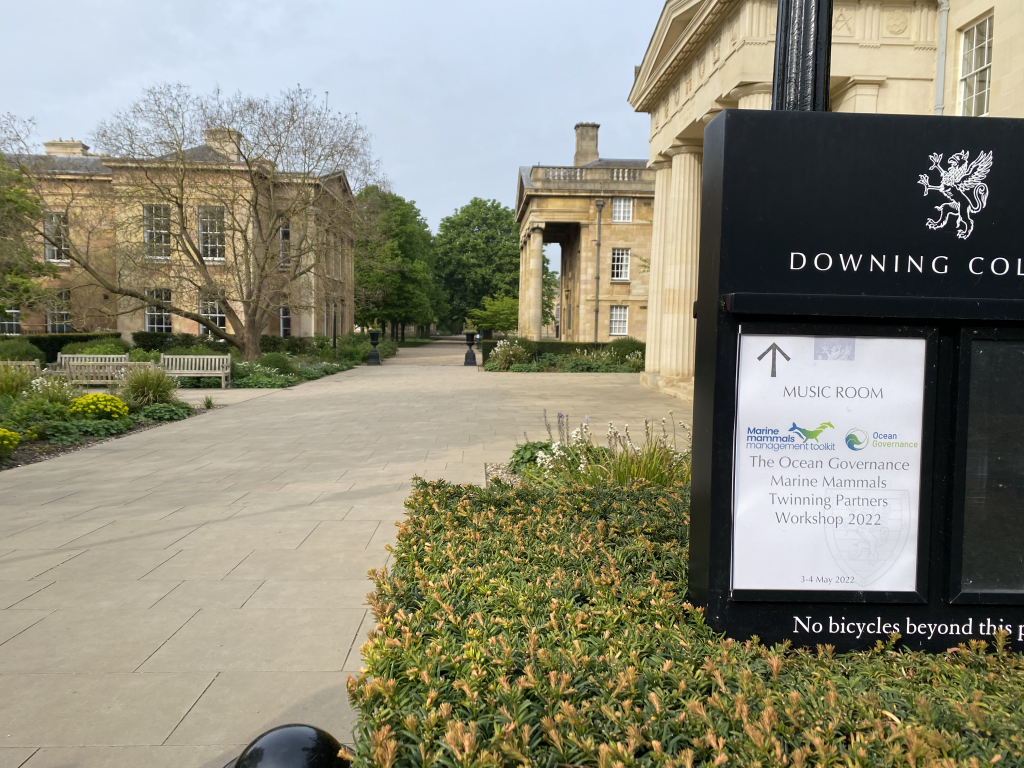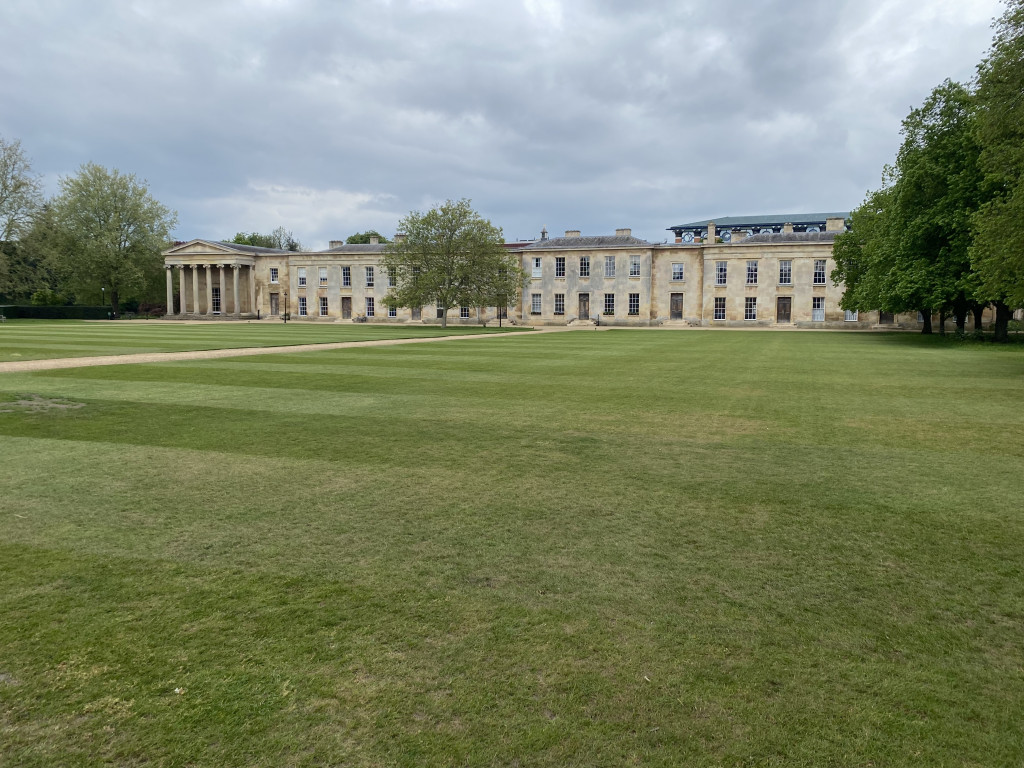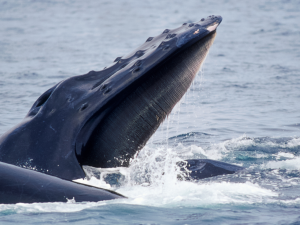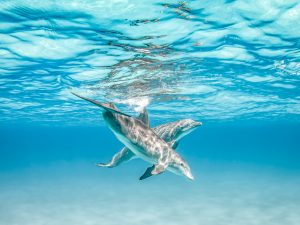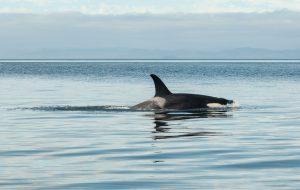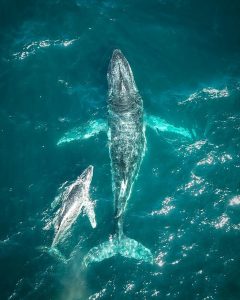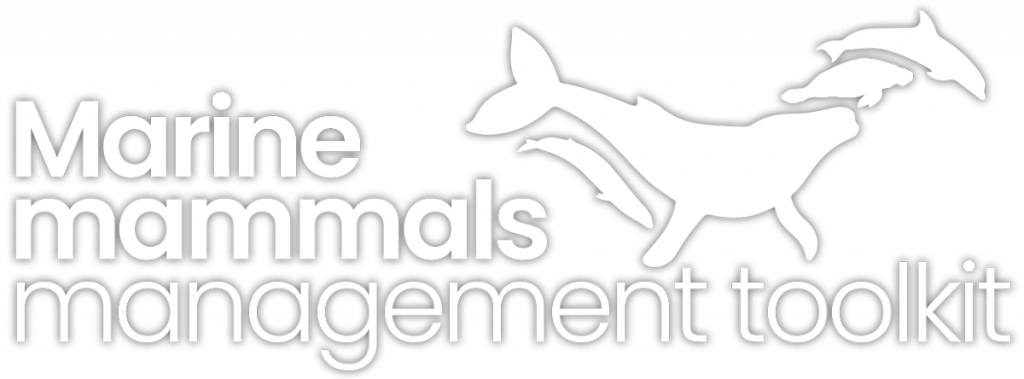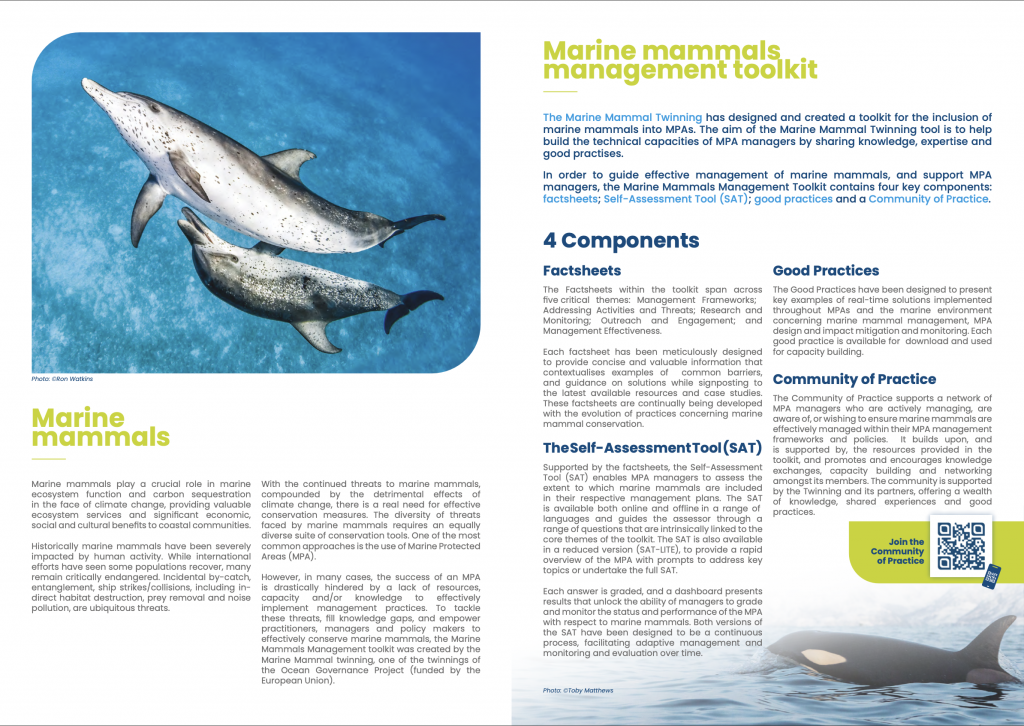From the 3rd – 5th May 2022, the Marine Mammal Twinning, partners, and guests convened for the first occasion of the Marine Mammals Twinning Partner’s Workshop in 2022. The workshop was held at Downing College, Cambridge, UK and saw over 15 partners and guests attend from across the Atlantic and Mediterranean, both in-person and online, including the USA, Bermuda, Cabo Verde, Canada, France, and the United Kingdom.
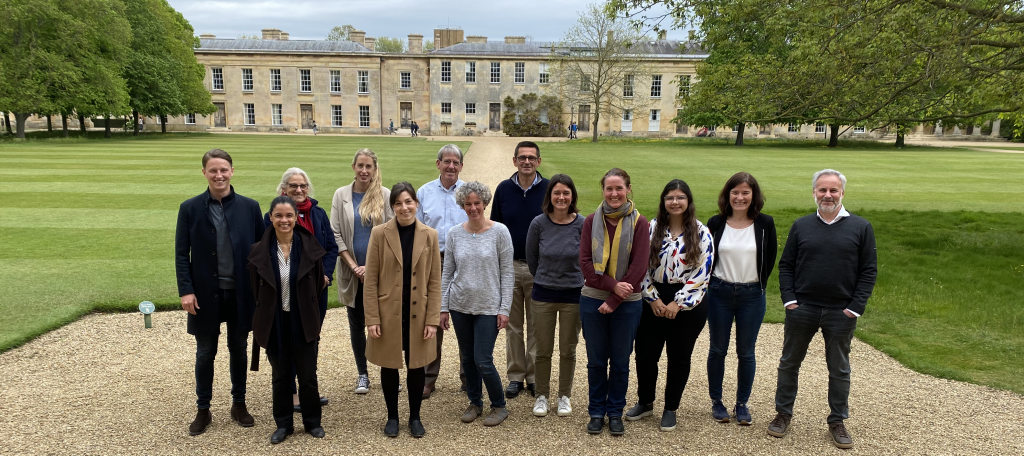
The aim of the workshop was to review the achievements and accomplishments of the Marine Mammal Twinning and present the priorities for 2022 while discussing how to increase the accessibility of the Self-Assessment Tool and develop mechanisms for encouraging the use of the Toolkit. The kick-off the workshop, the Partners and guests were invited to present the current and future management practices for marine mammals within their organisations, national and regional contexts while highlighting emerging threats to marine mammals. This saw presentations from:
- Liza Lima, Ministério da Agricultura e Ambiente, Cape Verde
- Fabien Boileau & Cécile Gicquel, Iroise Natural Marine Park
- Ben Haskell, Stellwagen Bank National Marine Sanctuary, NOAA
- Helene Labach, MIRACETI
- Sarah Manuel, Bermuda Government Department of Environment and Natural Resources
- Susan Gallon, MedPAN
- Melanie Meijer zu Schlochtern, Nature Foundation St. Maarten
- Andrea Valcárcel Abud, Ministerio de Medio Ambiente y Recursos Naturales de la República Dominicana
- Emma Marotte, Fisheries and Oceans Canada
- Imogen Webster, International Whaling Commission (IWC)
- Nina Bhola, UNEP-WCMC and
- Ed Goodall, Green Whale Project, Whale and Dolphin Conservation
As the Twinning begin to implement the 2022 Plan of Action, a key focus of the agenda was the development of a light version of the Self-Assessment Tool – SAT-LITE. To achieve this, discussions were held between partners in breakout groups where the aim was to review the full Self-Assessment Tool (composing of over 120 questions) and reduce each core theme down to 2-4 questions to provide a mechanism to guide MPA managers to the whether they needed to undertake the full Self-Assessment Tool. Moreover, discussions were also held around the adaptation of the Self-Assessment Tool to other migratory species including pinnipeds and marine turtles.
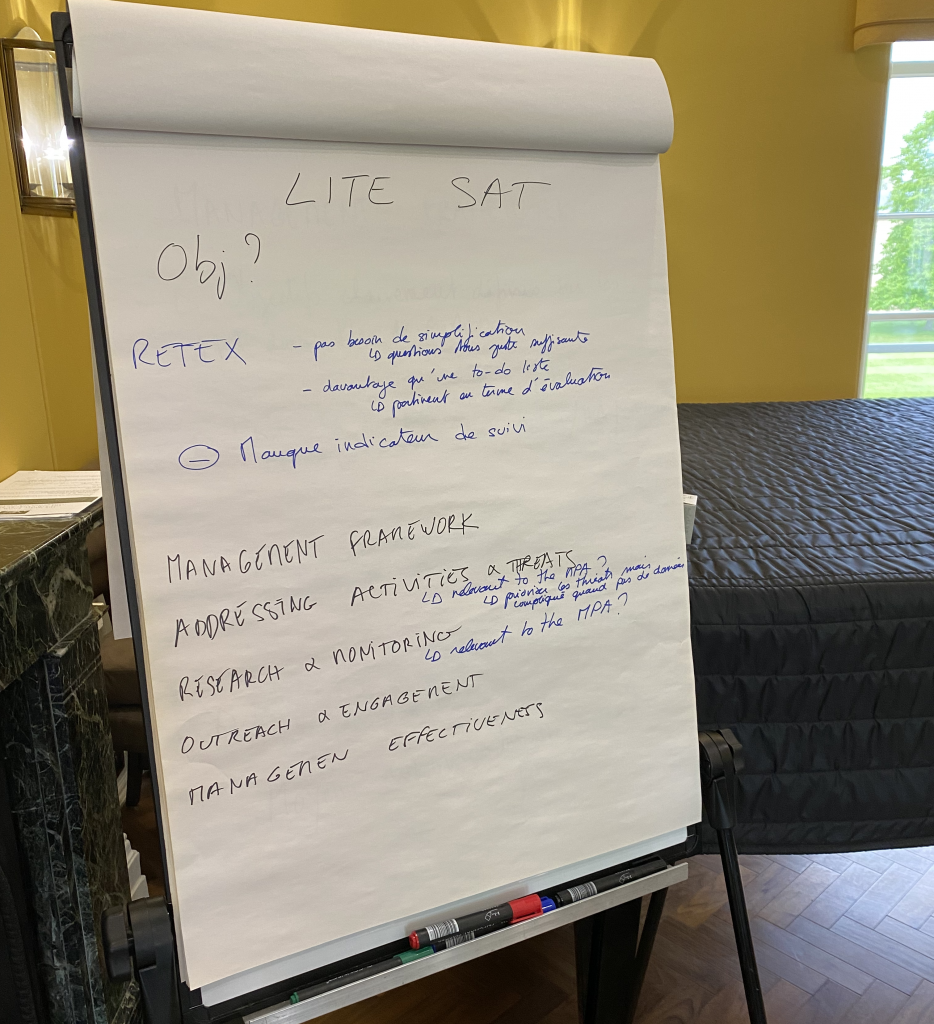
In addition to the SAT-LITE, capacity building and training, voluntary certification and support for MPA managers were also on the agenda. Through fruitful discussions about the types of training needed, barriers to MPA managers and the needs of MPA managers to successful, and effectively, implement the toolkit, many solutions were proposed. One of the critical outputs of these discussions, was the development of a Community of Practice for the Twinning which will combine the needs for building local and national capability, voluntary certification and access to valuable resources and support programmes. This community will build a network of MPA managers from MPAs and Marine Mammal Sanctuaries who are all applying the Self-Assessment Tool and care share good practices, discuss management weaknesses and discuss implementation with established marine sanctuaries including Stellwagen Bank National Marine Sanctuary.
The highly productive workshop exampled the clear need for the Twinning and the developed Marine Mammals Management Toolkit. The toolkit, and the subsequent network of managers, holds the ability to empower managers, policy makers and stakeholders to effectively, and actively, implement effective management, adapt and continuously monitoring MPA managers and provide essential protection to marine mammals.
The Marine Mammal Twinning would like to thank all the participants who travelled and attended the workshop for their valuable input for the continued development and impact of the Marine Mammals Management Toolkit.
